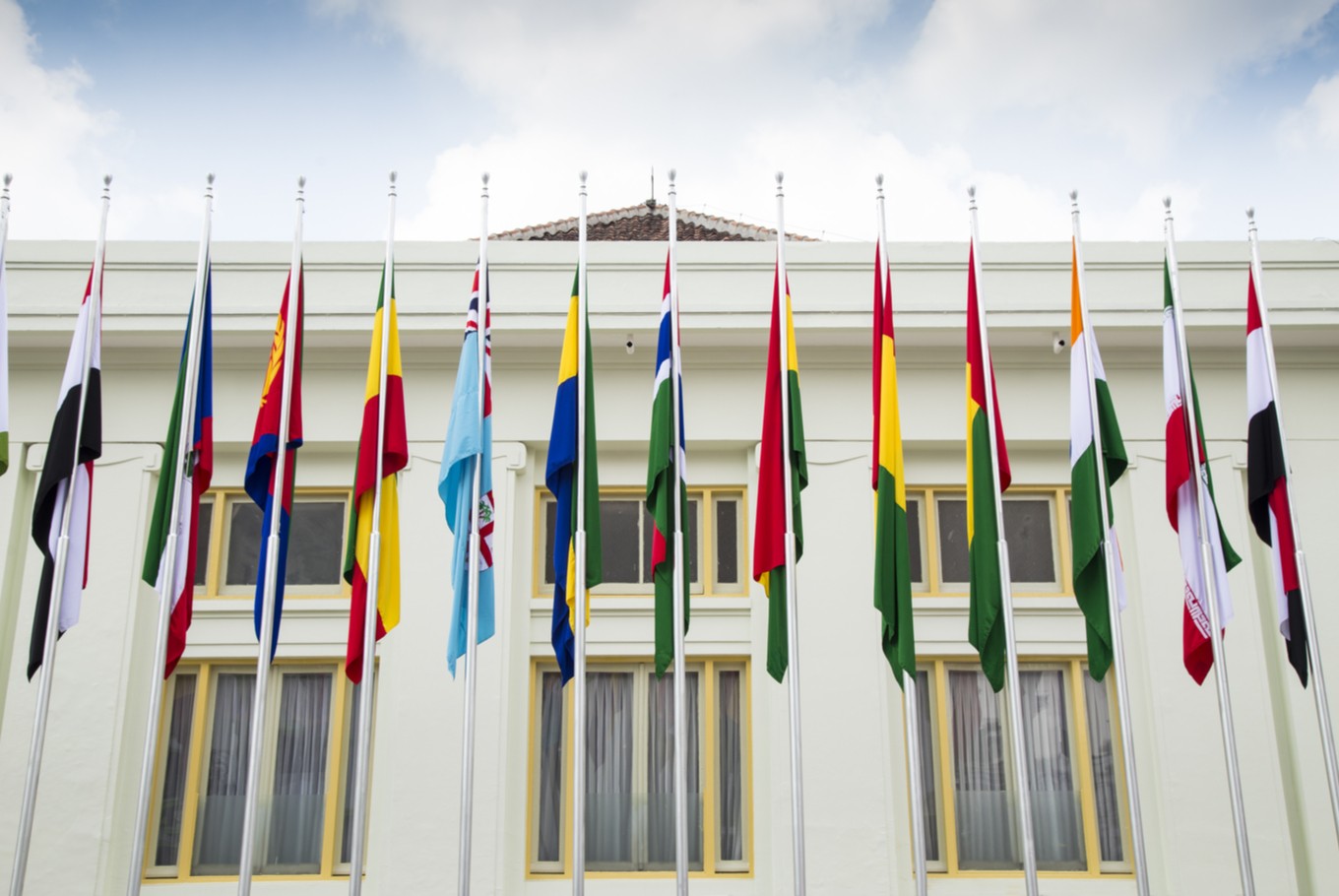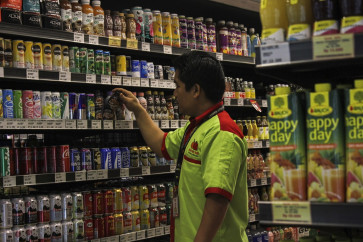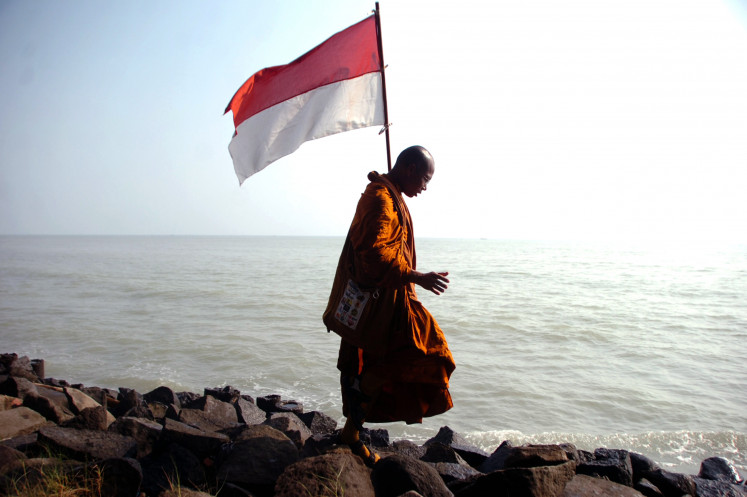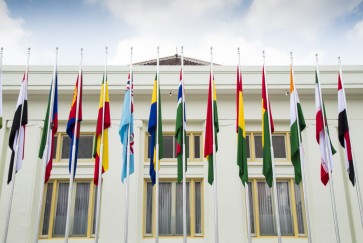Long live the legacy of the Bandung Conference
Nearly seven decades since the inaugural Bandung Conference, the countries of the Global South are experiencing another awakening in determining those development models that match their individual needs and circumstances.
Change text size
Gift Premium Articles
to Anyone
 The flags of various countries are hoisted in front of Gedung Merdeka in Bandung, West Java, in this undated stock photo. (Shutterstock.com/RossiAgung )
The flags of various countries are hoisted in front of Gedung Merdeka in Bandung, West Java, in this undated stock photo. (Shutterstock.com/RossiAgung )
I
n 1954, Chinese premier Zhou Enlai flew to India and Myanmar for bilateral visits. Among the outcomes of his trips were joint statements articulating key principles the nations saw as fundamental to international relations: mutual respect for sovereignty and territorial integrity, mutual nonaggression, noninterference in other countries’ internal affairs, equality and mutual benefit and peaceful coexistence. They were known as the five principles of peaceful coexistence.
Almost a year later in Bandung, West Java, they were expanded into 10 principles at “the first intercontinental conference of colored peoples in the history of mankind”, in the words of Indonesia’s founding father Sukarno. That was a time when national independence was a banner flying high across Asia, Africa and Latin America, and bitter struggles were underway to break the shackles of colonialism.
The Asia-Africa Conference, which took place on April 18-24, 1955, saw the participation of 29 countries, whose combined population of 1.5 billion people accounted for 54 percent of the world's population at that time.
Bandung’s powerful call for sovereign equality, which is at the core of the five principles of peaceful coexistence, was a much-needed morale booster, an eloquent expression of the enslaved nations’ yearning to be free and the conceptual start of a more equal world. It captured and accelerated the great awakening of the Global South.
But when developing countries move from gaining political independence to pursuing economic prosperity, they find a biased global economic system. Capital, technology and rules are controlled by a few. Some countries have had disastrous experiences with imported developmental models.
In times of distress, they turned to the Bretton Woods Institutions, but more often than not, the tough conditions only made things worse, not better. Nobel laureate Joseph Stiglitz noted that “failures in Sub-Saharan Africa and Latin America have reinforced the doubts about the Washington Consensus strategies”.
It turns out the struggle for independence is unfinished. Another awakening of the Global South has just begun. The launch of ASEAN’s Vision 2045, the pursuit of Chinese modernization and the expansion of the BRICS (Brazil, Russia, India, China, South Africa) market bloc are encouraging examples.


















